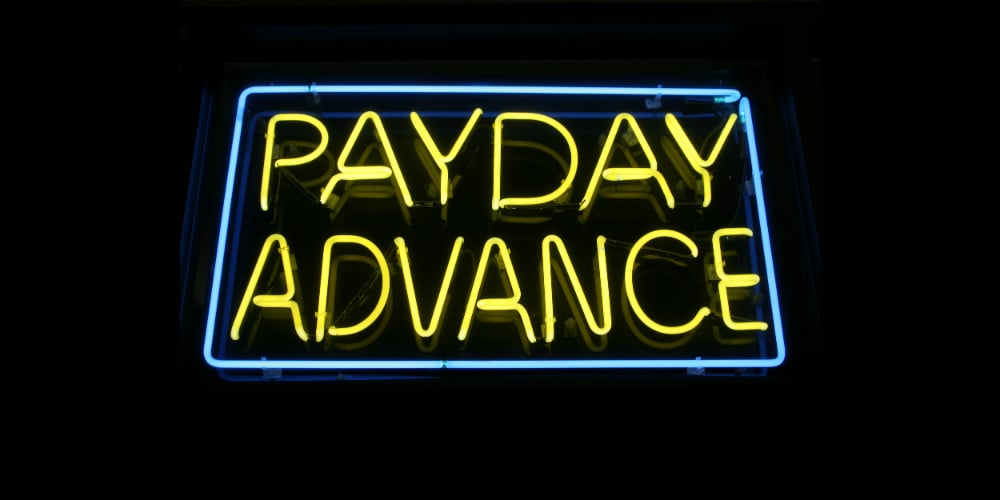How Martin Eakes became the most hated man in America (by payday lenders)
The CEO of the Self-Help credit unions uses secondary capital to fight predatory lending and protect financially vulnerable consumers.

It’s almost impossible to have a conversation about secondary capital in the credit union industry without mentioning the two Self-Help credit unions — Self-Help Credit Union($1.0B, Durham, NC) and Self-Help Federal Credit Union($1.2B, Durham, NC)
Self-Help Credit Union was the first credit union to obtain secondary capital when the enabling legislation 12 CFR 701.34 went into effect in 1996 and made the option available to low-income credit unions (LICUs). For several years, the two North Carolina-based institutions held the majority of secondary capital that was in the credit union system. Even today, the duo holds $148 million of the $292 million of secondary capital in the market.
The genesis of Self-Help dates back to 1980, when Martin Eakes, a young lawyer from Durham, NC, began working to establish worker, food, housing, and farm cooperatives to help low-income North Carolinians buy homes and start businesses. Eakes took his endeavors a step further in 1984 when he worked with these cooperatives to create a new credit union that provided a full range of financial services.
“We issued what was essentially non-voting preferred stock that was not insured by the NCUA and was at-risk in case the credit union failed or had losses,” says Eakes, who is a graduate of Davidson College, Yale Law School, and Princeton’s Woodrow Wilson School of International and Public Affairs.
continue reading »




